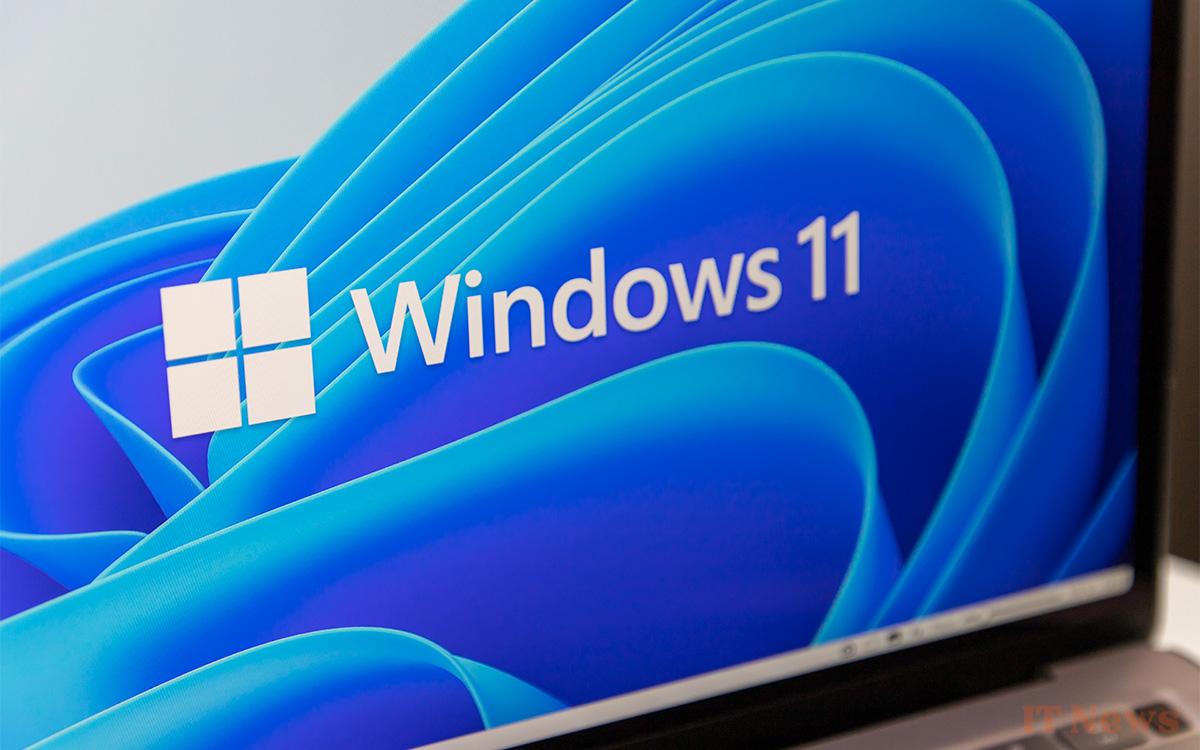What if updating your PC became as restrictive as renovating your house? Microsoft is playing the entrepreneur by insisting: to upgrade to Windows 11, you must accept TPM 2.0. A "building permit" digital security that makes people cringe.
As Windows 10 approaches its expiration date (October 2025), it remains the most widely used operating system on PCs. According to Statcounter, 54.2% of machines are still running this version, compared to 42.69% for Windows 11. The fault lies in a technical detail: TPM 2.0, a security chip required to migrate to the new OS. Microsoft is once again attempting a charm offensive to overcome reluctance.
In a recent blog post, the company praises the merits of this component, presented as an ultimate shield against hackers. Data encryption, software verification at startup, detection of physical manipulation... TPM 2.0 is described as the guardian of your computer. Yet, many users refuse to play the game, preferring to stay on Windows 10 rather than change their hardware.
Enhanced security or hardware headache?
Microsoft isn't giving up. "TPM 2.0 is your PC's security belt," she argues. In concrete terms, this chip encrypts passwords, blocks malware at boot time, and prevents data theft even if the laptop is disassembled. So many features integrated into Windows 11, which makes it an argument in the face of growing cyberthreats.
The company also emphasizes the user experience: redesigned interface, optimized performance, future compatibility. "Windows 11 is the assurance of staying up to date," it promises. But these arguments are hard to convince. For many, migration involves investing in a new PC, a significant cost. TPM 2.0 compatible processors are mainly found in recent machines (from 2016), leaving aside older models.
The result: users are sticking to their guns. A logic that Microsoft doesn't quite understand, as security flaws on older systems multiply. The company could be playing the emergency card as the end of support approaches. In the meantime, it suggests that recalcitrant users recycle their old PC into a home server, media player, or machine dedicated to retro gaming. An elegant way to avoid breakage... but not to solve the TPM chip puzzle.




0 Comments